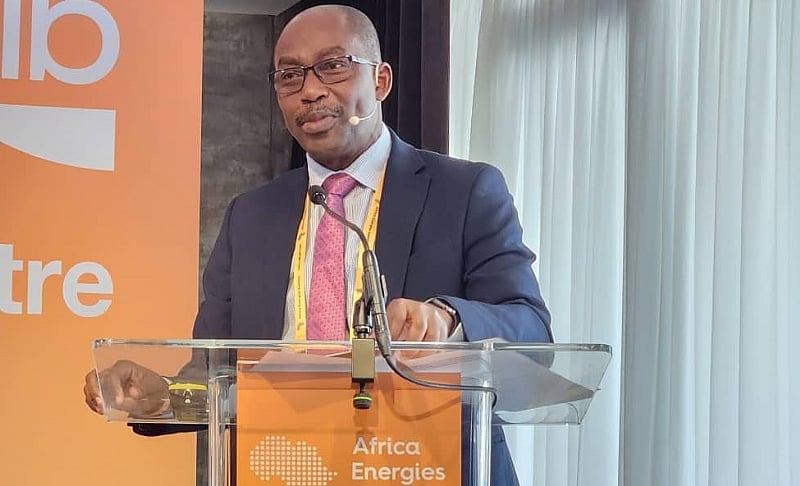Ghana’s oil production has witnessed a significant downturn in recent years, declining from a peak of nearly 200,000 barrels per day (bopd) in 2019 to approximately 110,500 bopd. This decline, attributed to a combination of dwindling field productivity, insufficient exploration activities, and unfavorable fiscal policies, prompted the Ghana National Petroleum Corporation (GNPC) to initiate a strategic reset of the country’s upstream oil and gas sector. Kwame Ntow Amoah, Ag. CEO of GNPC, articulated this vision at the Africa Energies Summit, emphasizing the critical need for strategic investment, technological innovation, and collaborative partnerships to revitalize the industry and drive sustainable growth. This renewed focus seeks to not only address the immediate production challenges but also position Ghana as a resilient and competitive energy hub on the African continent.
Central to GNPC’s revitalization strategy is the adoption of cutting-edge technologies to enhance exploration and production efficiency. This includes leveraging artificial intelligence (AI) and machine learning for data-driven decision-making, optimizing drilling operations, and implementing advanced seismic data acquisition methods like 4D seismic and Ocean Bottom Node (OBN) technology for improved subsurface imaging. Furthermore, GNPC is exploring the potential of non-seismic technologies, such as satellite imagery and airborne transient pulse surveys, to mitigate exploration risks, particularly in the less-explored Voltaian Basin. These technological advancements are expected to significantly improve reservoir management, optimize resource recovery, and ultimately increase production levels.
Recognizing the vital role of investment in driving growth, GNPC is committed to fostering an investor-friendly environment. This involves establishing stable and transparent fiscal policies to attract new players to Ghana’s upstream sector and mitigate perceived risks associated with frequent regulatory changes. Mr. Amoah stressed the need for a balanced approach that considers strategic investment, technological innovation, and sustainable practices to enhance Ghana’s attractiveness as an investment destination. By creating a predictable and transparent regulatory framework, GNPC aims to incentivize both local and international investment, spurring renewed exploration and development activities.
Collaboration is another cornerstone of GNPC’s strategy. The corporation advocates for increased cooperation between local and international oil companies, service providers, and technology innovators. Multi-operator collaborations and the integration of marginal fields into hub-based developments are seen as key strategies for cost reduction and optimized resource utilization. GNPC is committed to spearheading these initiatives, prioritizing local capacity building and the development of indigenous expertise. This collaborative approach aims to create a synergistic environment where all stakeholders contribute to the sustainable growth of Ghana’s oil and gas sector.
Beyond addressing immediate production challenges, GNPC is focused on long-term sustainability. This includes a commitment to responsible environmental stewardship and social responsibility. The corporation recognizes the global shift towards decarbonization and cleaner energy solutions and is proactively aligning its upstream activities with these trends. This forward-looking approach ensures that Ghana’s oil and gas development is not only economically viable but also environmentally responsible and socially beneficial. The goal is to create a resilient and sustainable energy future for Ghana, balancing economic development with environmental protection.
The GNPC’s strategic roadmap, emphasizing innovation, collaboration, and sustainability, represents a comprehensive approach to revitalizing Ghana’s oil and gas sector. By embracing cutting-edge technologies, fostering a conducive investment climate, and promoting collaborative partnerships, GNPC aims to reverse the decline in oil production, optimize resource utilization, and position Ghana as a leading energy player in Africa. This renewed focus on sustainable exploration and production practices underscores the country’s commitment to long-term economic growth while safeguarding environmental integrity and promoting social responsibility. This comprehensive approach is expected to not only increase oil production but also build a more resilient and sustainable energy sector for Ghana.














